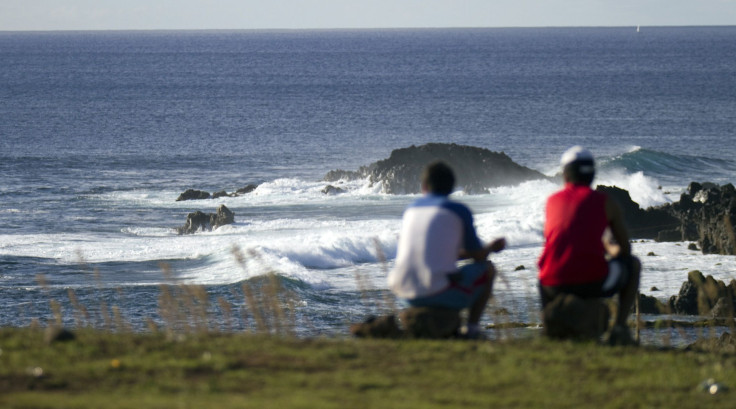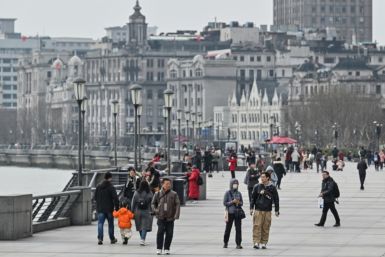Collapse Of Easter Island Due To Weather Conditions

The mystery related to Rapa Nui, a Polynesian island also known as Easter Island, has puzzled anthropologists for many years. Scientists previously believed the island had collapsed due to the arrival of the Europeans, but new research showed the change in weather conditions caused the collapse. The study was published in the Proceedings of the National Academy of Sciences.
According to ABC News, scientists had debated about how, around 1200 A.D., the early settlers got to the island. They were wondering if the settlers traveled west from South America or east from Southeast Asia, traveling a distance of almost 2,000 miles.
The island measures 63-square miles and was best known for its monumental rock statues, which are 887 in number and weighed up to 82 tons. The island was also home to about 15,000 people, but after the arrival of the Europeans in 1722, the number reduced by about 2,000 to 3,000. After a period of 150 years, the population was down to just 111.
New research showed that the decline in the population of the Rapa Nui began before the Europeans arrived and then peaked. The study was based on a new technique called the obsidian hydration dating, used for dating of artefacts which could not be done by other methods such as radio carbon ratios. But the research did not disprove that the Europeans contributed to the decline in the population of the Rapa Nui.
Researchers look into three areas on Easter Island and found that one area had rich soil but low rainfall, the second had poor soil but lots of rainfall, while the third area had both, good soil as well as moderate rain. The study looked into the rainfall data between 1958 and 1977, and found that there was year-to-year variations, along with the occurrence of droughts in the island.
To report problems or to leave feedback about this article, e-mail: afza.kandrikar@gmail.com.






